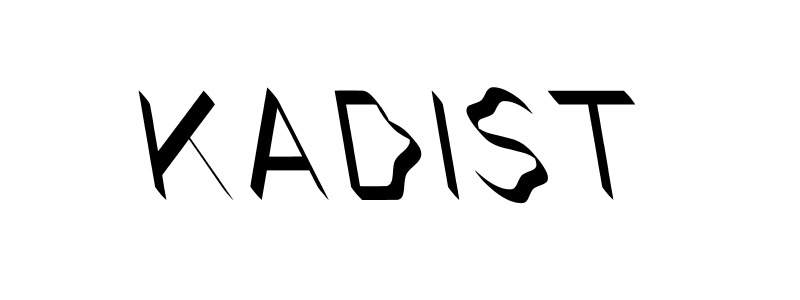Universal Futurological Question Mark (U.F.O)
1978 - Photography (Photography)
49 x 49 cm
Julius Koller
This work is one of Koller’s many variations which he began to use from 1970 to describe the ‘cultural situations’ he created. His “Anti-Happenings” turned mundane events into ‘cultural’ and ‘subjective’ situations. He sought to create new cultural situations that weren’t new art, but rather new ways of living: a new creativity for a new humanistic culture. In the face of Communist ideology, subjectivity reclaimed its role with all of its poetry and discord. The critic Jan Verwoert has commented on the significance of this constantly shifting reference: it ‘becomes a metaphor for the invasion of reality by the imagination. As such, it captures the essence of Utopian thought: to confront the microcosm of an actual state of affairs with the macrocosm of infinite possibilities – to show that society can be changed.’ (Jan Verwoert, ‘Július Koller: Kölnischer Kunstverein, Cologne, Germany’, Frieze no.79, November–December 2003, pp.98–9.)
In its stringency, obsession and peculiarity, the oeuvre of Julius Koller is one of the most idiosyncratic and consistent in European art since the 1960s. Yet Koller is not only a seminal figure in the history of the neo- and post-avant-garde; his work has long been a critical inspiration for artists and intellectuals. In the most recent past, Koller’s concepts of the Anti-Happening, the Anti-Picture, the Universal-cultural Futurological Operation (U.F.O.), his actions, objects, texts and the enormous referential archive he built up, have attracted growing interest on the part of a broader art public. From around 1960, in response to the modernist mainstream in Slovak art, Julius Koller began to develop his aesthetic position of the “antihappening.” His strategy consists in using real objects and everyday life as the predefined program for an aesthetic operation: from 1965, in texts rubberstamped on paper that refer to the context of the “anti-happening,” and then in 1967/1968 in pictures for which Koller used white latex paint instead of oils and which saw the first appearance of the question mark—the symbol of Koller’s brands of naming, or “making known,” that was later to undergo many mutations in various media and states of aggregation. The “invitation cards for an idea”—as Koller called the text works relating to the “anti-happenings”—and the palimpsests and serial arrangements of the “anti-pictures” set themselves apart from the academicism of Modernism in more than just formal terms. Koller foregoes every form of technical mastery. The “anti-pictures” are amateurish in style, ensuring that they fulfill their task, defined by Koller as “engaging rather than arranging.” Julius Koller was born in 1939 in Piestany, Slovakia. He died in 2007 in Bratislava.
Colors:
Related works featuring themes of: » Performance Art, » Slovakian

© » KADIST
Roman Ondak
2003As the caption purposely admits, these drawings were made by friends of Ondák’s at home in Slovakia asked to interpret places he has journeyed to...

© » KADIST
Roman Ondak
2003This work needs to be considered in relation to one of his performances during which people were made to queue in front of the Kunsthalle of Frankfurt in 2003 (Tate Collection)...
© » KADIST
Rabih Mroué
2012The Pixelated Revolution is a lecture-performance by artist Rabih Mroué about the use of mobile phones during the Syrian revolution...

© » KADIST
Trisha Donnelly
2007Untitled is a black-and-white photograph of a wave just before it breaks as seen from the distance of an overlook...

© » KADIST
Paul McCarthy
2010To make Mickey Mouse (2010), Paul McCarthy altered a found photograph—not of the iconic cartoon, but of a man costumed as Mickey...

© » KADIST
Paul McCarthy
2008Memory Mistake of the Eldridge Cleaver Pants was created for the show Paul McCarthy’s Low Life Slow Life Part 1 , held at California College of the Arts’s Wattis Institute in 2008 and curated by McCarthy himself...

© » KADIST
Paul McCarthy
1983McCarthy’s Mother Pig performance at Shushi Gallery in 1983 was the first time he used a set, a practice which came to characterize his later works...


